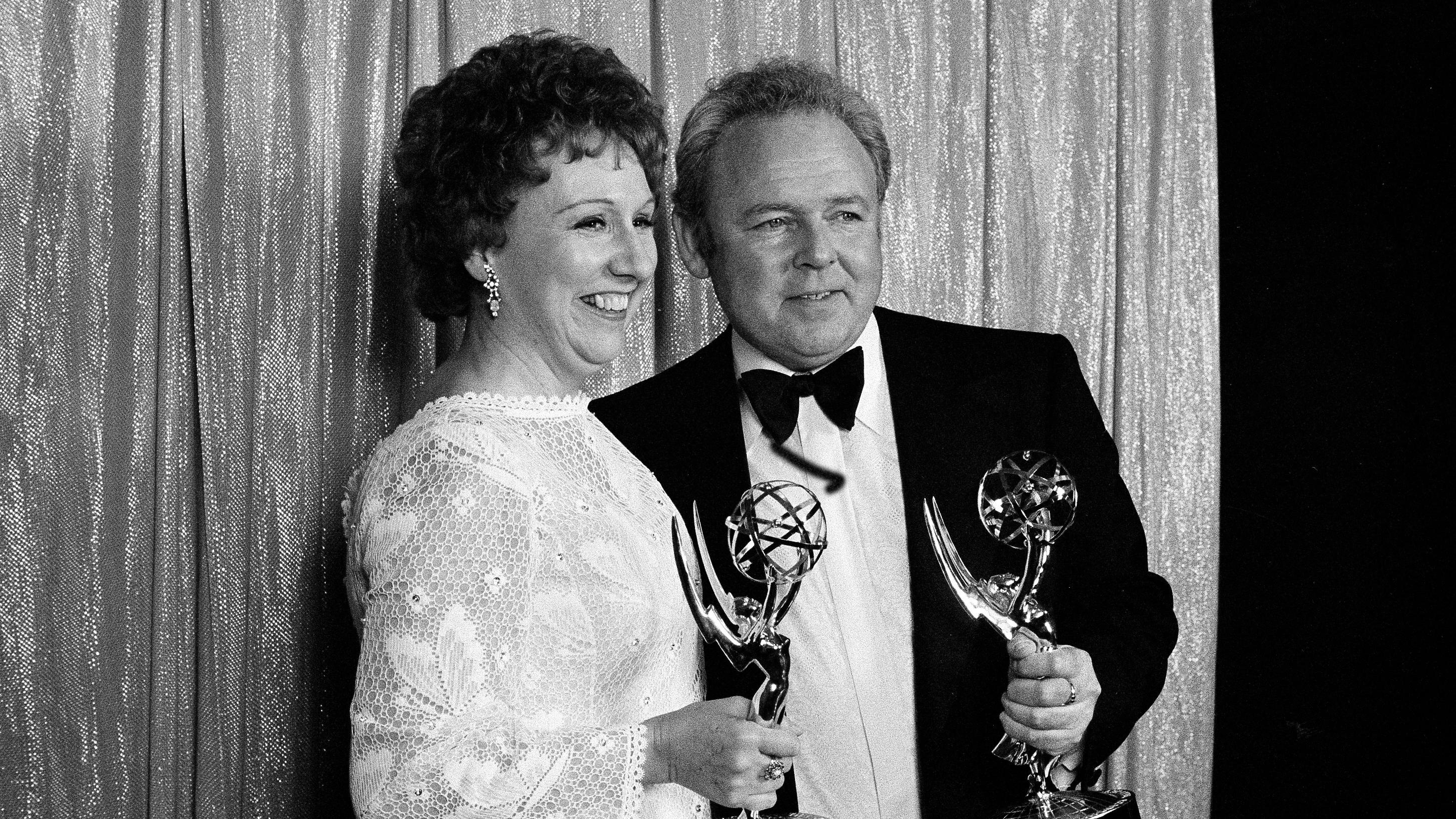
Archie Bunker. The name alone evokes memories of one of the most controversial, yet somehow beloved, characters in television history. Played to perfection by Carroll O’Connor, Archie was a central figure in Norman Lear’s All in the Family, and his presence on screen changed the way audiences thought about television characters forever. But what makes Archie Bunker so unforgettable? Why, despite his bigoted views, does he continue to captivate viewers and remain one of the most iconic characters in TV history? Let’s take a closer look at why Archie Bunker was more than just a flawed character—he was a cultural phenomenon.
The Birth of a TV Legend
When All in the Family premiered in 1971, it introduced audiences to a character unlike any they had seen before. Archie Bunker was a blue-collar, working-class man whose political incorrectness knew no bounds. From his racist remarks to his disdain for women’s rights, Archie’s views were offensive, outdated, and yet somehow hilarious. But rather than simply ridiculing him, All in the Family used Archie’s flaws as a platform for exploring larger societal issues.
Carroll O’Connor’s portrayal of Archie was a masterpiece of acting. O’Connor infused the character with depth and complexity, ensuring that Archie was never just a caricature of bigotry. Instead, Archie was a man whose prejudices were a reflection of a society in transition—one that was struggling to come to terms with changing norms. As much as he was the butt of the joke, there was also something deeply human about Archie. His anger, frustration, and confusion about the changing world around him made him a sympathetic figure, even when he was at his most offensive.
The Genius of Carroll O’Connor
Archie Bunker was undeniably a character who could have been a one-note stereotype, but thanks to Carroll O’Connor’s brilliance, he became one of the most multi-dimensional characters in television history. O’Connor didn’t just play Archie as a bumbling fool; he made him a tragic, relatable figure. Archie’s ignorance was the source of much of the show’s humor, but it was also the source of his pain. He was a man who feared change, who clung to the old ways of thinking, and who was unwilling—or perhaps unable—to understand the shifting political and cultural landscape.
In many ways, Archie was a man of his time, representing a certain demographic that felt threatened by the social changes of the 1960s and 1970s. But O’Connor’s portrayal also allowed for moments of tenderness, vulnerability, and even redemption. Archie may have been a bigot, but he was also a loving father and husband. His complex personality ensured that viewers couldn’t simply dismiss him as a villain. Instead, they saw him as a product of his environment, making his flaws all the more poignant.
Why Archie Bunker Was Ahead of His Time
Archie Bunker was undeniably a product of his time—his views were a reflection of the working-class white America that was resisting the progress of the civil rights movement and the feminist movement. But in many ways, Archie was ahead of his time. The show didn’t simply use him as a punchline; it allowed him to evolve. As the series progressed, Archie’s character began to show signs of growth. He was challenged by his family, by the changing world around him, and by his own moments of self-reflection. While he didn’t always change his views, there were moments where he seemed to soften, showing that even the most stubborn and prejudiced individuals are capable of growth.
This willingness to explore Archie’s evolution made him a revolutionary character in television. All in the Family didn’t just mock his bigotry; it examined it and, through humor, challenged viewers to question their own beliefs. Archie’s evolution, however slow and subtle, showed that change was possible—even for the most resistant individuals.
The Relationship Between Archie and His Family
One of the most compelling aspects of All in the Family was the dynamic between Archie and his family. His wife, Edith, was his foil in every way. While Archie was gruff, intolerant, and stubborn, Edith was sweet, patient, and tolerant. Her gentle demeanor was a constant reminder of the kindness and compassion that Archie lacked, and their interactions provided a rich source of both comedy and drama. Jean Stapleton’s portrayal of Edith was masterful, and her character became a fan favorite in her own right.
Archie’s relationship with his daughter Gloria and son-in-law Michael, however, was where much of the real drama unfolded. Michael, often called “Meathead” by Archie, was the liberal voice of the show. His clashes with Archie were legendary, and their ideological battles provided some of the most memorable moments in television history. Gloria, too, represented a clash of generations, with her progressive ideals often at odds with her father’s outdated views.
Despite their differences, however, the love between Archie and his family was undeniable. This complexity is what made All in the Family so special. The show didn’t just explore family conflict—it explored how people with differing beliefs can still love each other.
Conclusion
Archie Bunker may have been a deeply flawed character, but he was also one of the most compelling figures in television history. His bigotry, ignorance, and complexity made him both infuriating and lovable. Carroll O’Connor’s performance was nothing short of extraordinary, and his portrayal of Archie remains one of the most iconic in TV history. Archie may have represented the prejudices of his time, but through his character, All in the Family forced us to examine our own beliefs and biases. Despite his flaws, Archie Bunker remains one of television’s greatest characters—and one we’ll never forget.
